|
Advertisement
|
Mandoli

DescriptionA Greek mancala game. From Mancala World: Mandoli ("almonds") was played in the Cyclades, Greece, in the second half of the 18th and the first half of the 19th century. A mancala game played in the Levantine was shown by the Swiss miniaturist Jean-Etienne Liotard (1702-1789) in his painting "Deux dames grecques ou franques assises sur un divan et jouant au mankala'h" (Sanguine et pierre noire (14,8 cm x 21,7 cm)), c. 1740. Later the Scottish traveller John Galt observed Mandoli on the Greek island of Hydra in 1810. The game appears to be influenced by other mancala games played in the Osman Empire, such as Halusa and Mangala. RulesJohn Galt reported in 1810 the following rules: "There is, however, a tolerably decent coffee-house; and in winter, even at present, card and chess players may be always found in it. I saw there to-day a game, which, not having seen elsewhere, I give you a description of. The Idriots call it Mandoli, or the almonds, and it is played at a board by two persons. Twelve hollows are scooped in the board, in two rows of six each: in each hollow six balls are placed, and the opponents take each a row. The game is commenced by the first player taking out the balls from any one of the hollows, and distributing them, one by one, successively, round the board. In the first round no balls can be captured, but in the second the contest becomes serious. The skill of the player consists in so managing his distribution, that his last all shall either fall in a hollow where there is only one, or three, or seven, or nine &c. which, by the addition of his ball, are made even numbers, and in consequence become prizes. If in the distribution he makes even numbers in the two last hollows, he takes the contents of both. This is considered a great stroke. The victor is, of course, he who reckons the greatest number of prisoners." Game DiscussionsAdd CommentYou need to be logged in to comment. Insert Bullet List Please enter at least one item. Item: Item: Item: Item: Item: Insert Numeric List Please enter at least one item. Item: Item: Item: Item: Item: Insert Link Please enter the link of the website Optionally you can add display text Insert Email Please enter the email address Optionally add any display text Insert Image Please enter the link of the image Insert YouTube Video Please enter the link of the video MarketplaceNo listings at the moment. Do you own this game? Click here to list it for sale.
|
Best Sellers
Board Games
|
||||
Latest Searches: Monopoly Oakland | Tripl five | clue the office | The Lord of the Ice Garden | Free | Solarmichi | Zorbow | Electronic guess who | Shanghai rummy board | Science+Fiction+Board+Games | Card+table | Catan Seafarers expansion | Badly | Apopka | Polowanie na ?niadanie | angry bird | avatar the last airbender | minnestoa+vikings+monopoly | monopoly indianapolis | board game with glass pieces | Gator+gulp | bitrayal o | horse+monoploy | Corbinopoly | Twenty | guess who disney cartoon | Lite+brite+cribbage | gonzales+monopoly | spanish alhamra | Destination scotland
All Rights Reserved

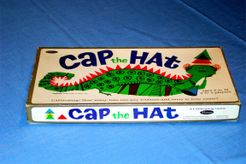
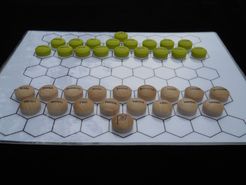

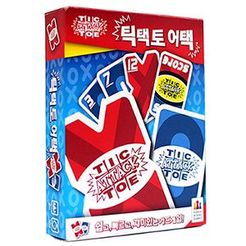
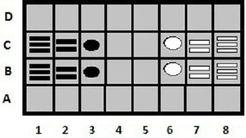

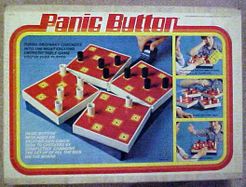

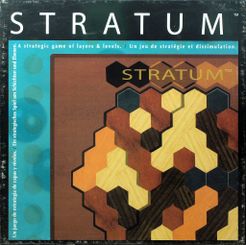
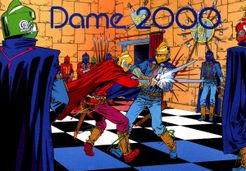
Comments (0)